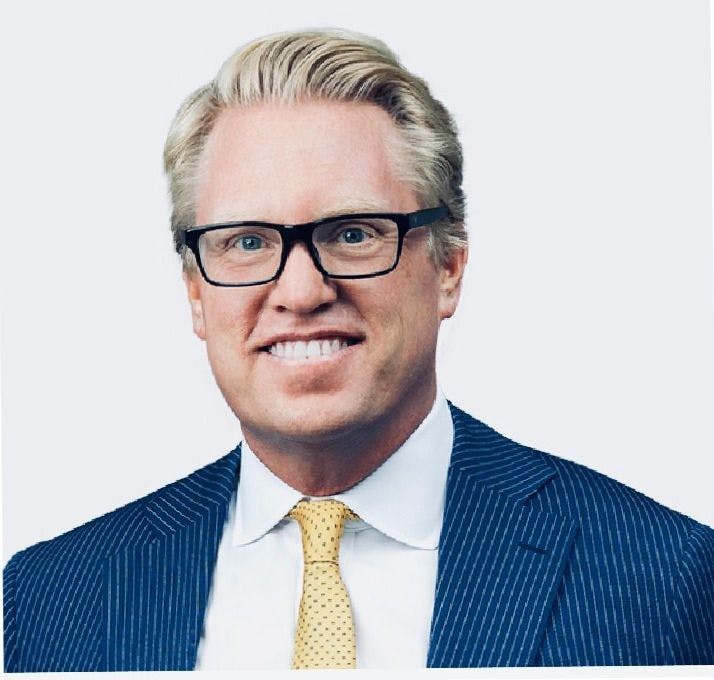847 reads
Drafting The Utah DAO Act: An Interview With Robert Beecroft Lamb
by
March 11th, 2023
Audio Presented by

A seasoned blockchain journalist & legal consultant shaping crypto narratives and navigating regulatory minefields.
About Author
A seasoned blockchain journalist & legal consultant shaping crypto narratives and navigating regulatory minefields.
